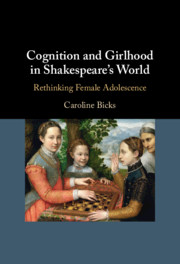Roberts v. City of Boston is a well-known legal case in the history of US education. In 1847, the Boston School Committee denied Sarah C. Roberts, a five-year-old African American girl, admission to the public primary school closest to her home. She was instead ordered to attend the all-black Abiel Smith School, about a half-mile walk from her home. In March 1848, Sarah's father, Benjamin, sued the city of Boston for denying Sarah the right to attend the public school closest to her home. The case wound its way through the courts, eventually reaching the Massachusetts Supreme Judicial Court. In 1850, Chief Justice Lemuel Shaw ruled in favor of the city of Boston, affirming that the Boston School Committee had “not violated any principle of equality, inasmuch as they have provided a school with competent instructors for the colored children, where they enjoy equal advantages of instruction with those enjoyed by the white children.” And thus, the doctrine of separate but equal was born in Massachusetts.


